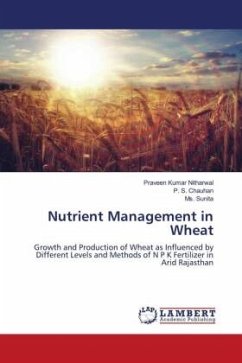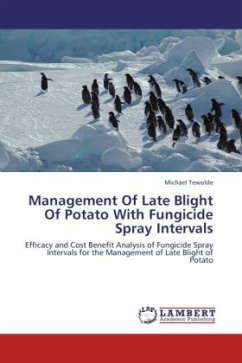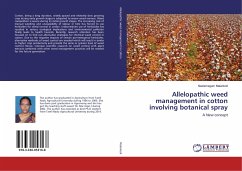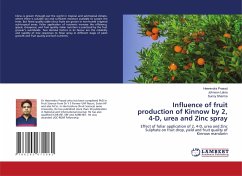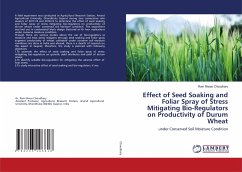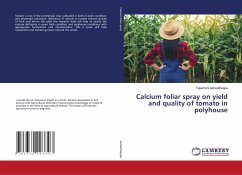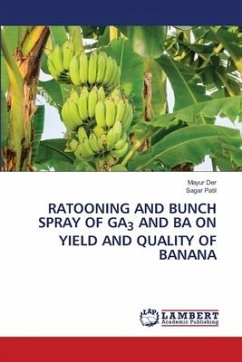Wheat (Triticum aestivum L.) is the second most important grain crop in India and most important in the world. It is worldwide staple food grain crop, so wheat is called as "King of cereals". There are number of constraints responsible for reducing wheat productivity i.e. biotic and abiotic factors. Among abiotic factors, nutrient management is the major constraint for limiting the productivity of wheat. Optimal fertilizer management is necessary to maintain sustainable yields, improve nutrient use efficiency of fertilizers, and saving fertilizer resources. Nitrogen, phosphorus, and potassium are primary nutrients in crop nutrition. There are known several types of fertilizer applications, out of other one is simple scientific fertilizer drill, another method is a foliar fertilization, also known as foliar feeding. It is a technique of feeding plants by applying liquid fertilizers directly on the leaves or the stem. There is also evidence that utilization of nutrients is faster by foliar spray as compare to its basal application, in foliar condition we are able to supply the nutrient immediately the requirement of plants.

